
The historical dictionaries present essential information on a broad range of subjects, including American and world history, art, business, cities, countries, cultures, customs, film, global conflicts, international relations, literature, music, philosophy, religion, sports, and theater. Written by experts, all contain highly informative introductory essays of the topic and detailed chronologies that, in some cases, cover vast historical time periods but still manage to heavily feature more recent events.
Brief AZ entries describe the main people, events, politics, social issues, institutions, and policies that make the topic unique, and entries are cross-referenced for ease of browsing. Extensive bibliographies are divided into several general subject areas, providing excellent access points for students, researchers, and anyone wanting to know more. Additionally, maps, photographs, and appendixes of supplemental information aid high school and college students doing term papers or introductory research projects. In short, the historical dictionaries are the perfect starting point for anyone looking to research in these fields.
HISTORICAL DICTIONARIES OF THE AMERICAS
Jon Woronoff, Series Editor
Costa Rica, 2nd ed., by Theodore S. Creedman. 1991.
Honduras, 2nd ed., by Harvey K. Meyer and Jessie H. Meyer. 1994.
Venezuela , by Donna Keyse Rudolph and G. A. Rudolph. 1995.
Trinidad and Tobago , by Michael Anthony. 1997.
Cuba, 2nd ed., by Jaime Suchlicki. 2001.
Chile, 3rd ed., by Salvatore Bizzarro. 2005.
Mexico, 2nd ed., by Marvin lisky. 2008.
Haiti , by Michael R. Hall. 2012.
Historical Dictionary of Haiti
Michael R. Hall
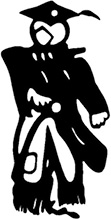
The Scarecrow Press, Inc.
Lanham Toronto Plymouth, UK
2012
Published by Scarecrow Press, Inc.
A wholly owned subsidiary of The Rowman & Littlefield Publishing Group, Inc.
4501 Forbes Boulevard, Suite 200, Lanham, Maryland 20706
http://www.scarecrowpress.com
Estover Road, Plymouth PL6 7PY, United Kingdom
Copyright 2012 by Michael R. Hall
All rights reserved. No part of this book may be reproduced in any form or by any electronic or mechanical means, including information storage and retrieval systems, without written permission from the publisher, except by a reviewer who may quote passages in a review.
British Library Cataloguing in Publication Information Available
Library of Congress Cataloging-in-Publication Data
Hall, Michael R., 1960
Historical dictionary of Haiti / Michael R. Hall.
p. cm. (Historical dictionaries of the Americas)
Includes bibliographical references.
ISBN 978-0-8108-7810-5 (cloth : alk. paper) ISBN 978-0-8108-7549-4 (ebook)
1. HaitiHistoryDictionaries. I. Title.
F1921.H37 2012
972.94003dc23 2011035933
 The paper used in this publication meets the minimum requirements of American National Standard for Information SciencesPermanence of Paper for Printed Library Materials, ANSI/NISO Z39.48-1992.
The paper used in this publication meets the minimum requirements of American National Standard for Information SciencesPermanence of Paper for Printed Library Materials, ANSI/NISO Z39.48-1992.
Printed in the United States of America
For my parents, Robert and Elizabeth Hall
Editors Foreword
Haiti has not been a very fortunate country. The most recent in a long line of natural disasters was the sudden and destructive earthquake in 2010, but there have been other earthquakes, as well as hurricanes, flooding, and droughts. This has contributed to impoverishing what was initially the most productive country in the region, although admittedly more productive for the colonial power than the people. Independence, way back in 1804, certainly brought hope, but in more cases than not it also brought poor governance. Although the country is democratic according to its constitution and there are elections, these elections are rarely free and fair, and to be perfectly frank, the Haitians have repeatedly chosen bad leaders or people who looked good until they were in office. These leaders then treated much of the population with contempt or cruelty and filled their own pockets. Thus, Haiti is currently the poorest country in the Americas. With little to offer in the way of natural resources, a dwindling agriculture, no industry to speak of, and even tourism in trouble, it tends to live off charityboth international and remittances from the huge diaspora.
This Historical Dictionary of Haiti reaches back to 1492 and the initial discovery of the island of Haiti, along with the Dominican Republic. It also examines the history and economy of the country as well as its society, culture, and religions. The chronology traces events over more than five centuries. The introduction offers a general overview of the land and people, and their history. The dictionary section, the bulk of the book, then provides specific entries on important people, including virtually all heads of state and many other significant figures in various fields. Other entries deal with topics such as the economy, foreign relations, religion, art, and literature. Particularly noteworthy are those relating to Voodoo. Specialists can discover further literature, in English and French, in the bibliography.
This volume was written by Michael R. Hall, professor of Latin American history at Armstrong Atlantic State University. His main focus is the Dominican Republic and Haiti, and he has visited both countries and done research there repeatedly over the past two decades. His first book is Sugar and Power in the Dominican Republic , and he has written other book chapters and participated in conferences on the region. More broadly, he has worked with the Association of Third World Studies, of which he was president in 20052006. Each summer Dr. Hall leads a study-abroad program in Latin America for his students, and this is important because it forces him to explain rather complex concepts and events in terms that can be grasped by those not familiar with the material. Certainly, when consulting this work, readers will appreciate both the amount of information and the way in which it is provided.
Jon Woronoff
Series Editor
Preface
The devastation caused by the 7.0 magnitude earthquake that struck Haiti on 12 January 2010 once again focused world attention on the plight of the Haitian people. The earthquake resulted in the death of as many as 300,000 people and left over a million people homeless. The global community responded with pledges of economic aid for relief and recovery efforts. Whereas the physical destruction of the earthquake was severe, the psychological impact on the Haitian people, especially the children, was just as traumatic. Living in the Western Hemispheres poorest nation, the Haitian masses existed in a nation plagued by poverty, violence, illiteracy, and political turmoil.
My interest in Haiti began when I was a Peace Corps volunteer in the Dominican Republic during the 1980s. After three months of training in the Dominican capital of Santo Domingo, I was assigned to work on the Haitian frontier in the southwestern quadrant of the nation with a community-based radio education project. Funded by a grant from the U.S. Agency for International Development (USAID), Radio Educativo Comuniatrio (RADECO) / Community-Based Radio Education was developed in cooperation with the Dominican Ministry of Education. The program was designed to provide primary education for children living in rural areas who lacked access to formal schools. Many of the students served by RADECO were the children of Haitian workers residing in the Dominican Republic.

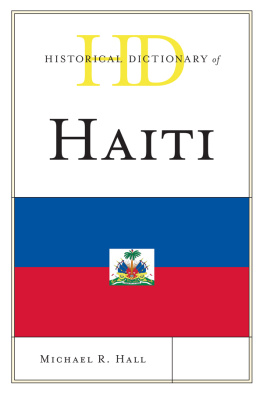

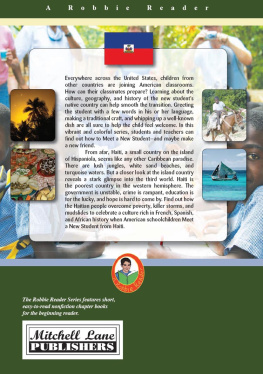
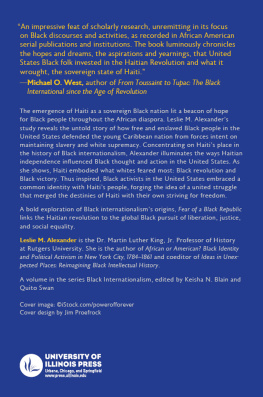

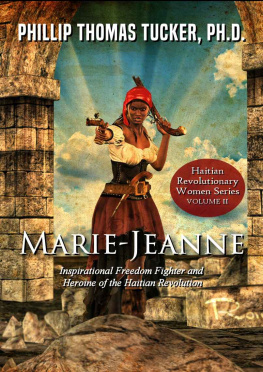
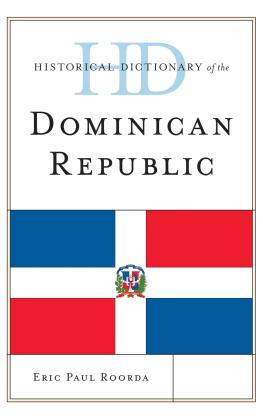
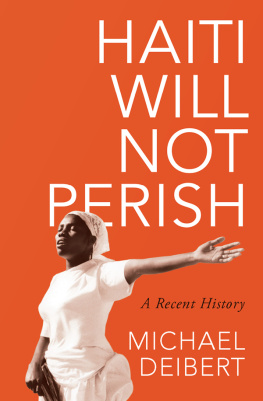
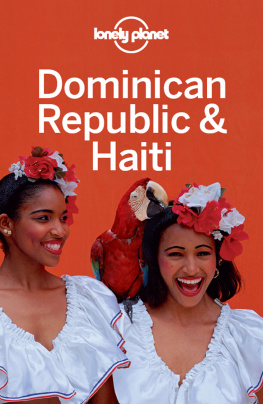
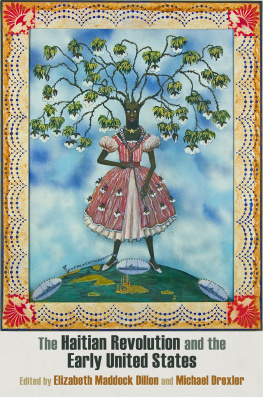


 The paper used in this publication meets the minimum requirements of American National Standard for Information SciencesPermanence of Paper for Printed Library Materials, ANSI/NISO Z39.48-1992.
The paper used in this publication meets the minimum requirements of American National Standard for Information SciencesPermanence of Paper for Printed Library Materials, ANSI/NISO Z39.48-1992.